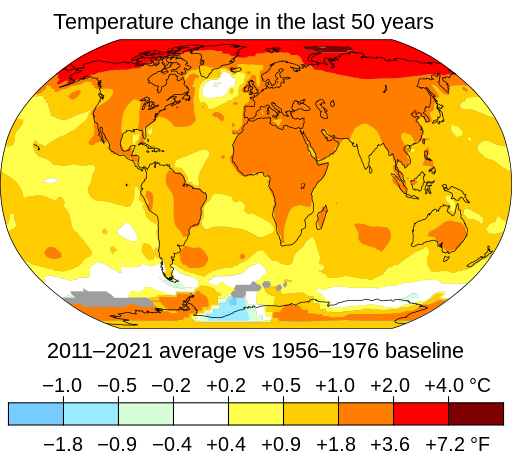By Alvin Powell Harvard Staff Writer.
MethaneSAT satellite will spot global sources of methane emissions, which in many cases can be halted with relatively simple fixes
For Steven Wofsy, the satellite is worth sticking around for.
Wofsy, an atmospheric scientist who spent decades investigating climate change, could be enjoying retired life at age 76, but he still has an active lab. Admittedly most projects there are winding down, with one exception: MethaneSAT, which could prove to be something of a game changer.
“The reason I’m not retired is that this is obviously way too important — and way too much fun,” said Wofsy, Harvard’s Abbott Lawrence Rotch Professor of Atmospheric and Environmental Science. “I’m not taking students in other areas, even though there are some things still going on. This is the focus, and it’s extremely challenging, but in a good way.”
More precise than other methane-sensing satellites that came before, MethaneSAT will allow scientists to track emissions to their sources and provide key data for reduction efforts. It’s important because it could buy the world critical time in the climate change battle. And, most hopefully, it appears particularly do-able in part because saving wasted methane provides a financial incentive for timely corporate cooperation in halting leaks.
MethaneSAT is scheduled to launch early next year, and Wofsy is its principal investigator. The project is the result of a unique collaboration led by the nonprofit Environmental Defense Fund and involves academic scientists, environmental activists, the private space industry, and philanthropic pockets deep enough to fund the design, construction, and launch of a satellite.
Read more at news.harvard.edu.

